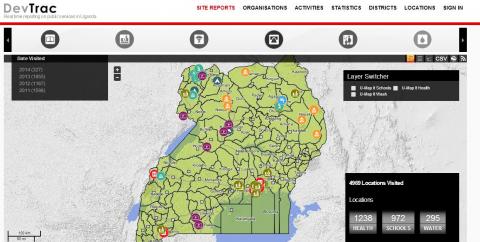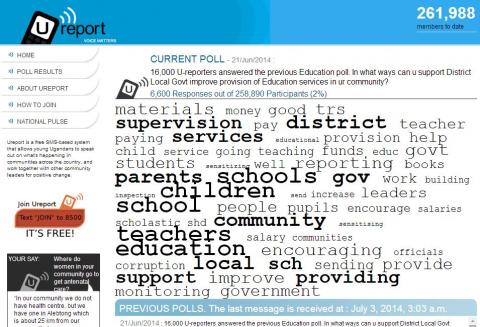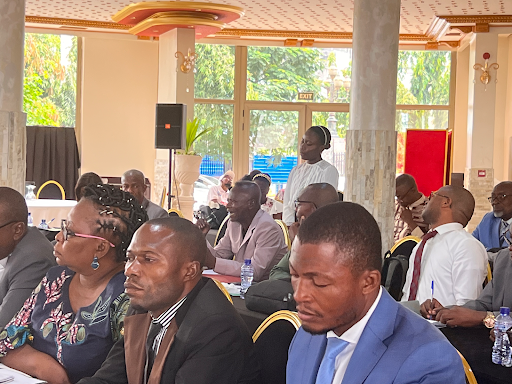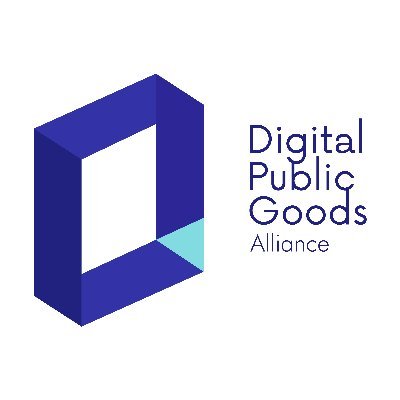Making Citizen Feedback More Actionable in Uganda
As Jed Miller recently noted in The Guardian, making data available online doesn’t mean much on its own. It is a necessary first step in the open data movement, but information is valuable only when it can be used. That means getting the right data in front of the right people.
This is even truer in the case of citizen feedback: information provided by local citizens on the effectiveness of social and economic projects in their communities. Which decision makers would benefit from seeing feedback from citizens? What information do they want to see? How should it be presented? How will they use it?
AidData’s pilot project in Uganda is exploring these issues in order to answer the question: how can we help provide actionable citizen feedback on development projects? We’re taking multiple approaches to tackling that question, with support from USAID’s Global Development Lab.
Painting a Better Picture
Development data has become more available in recent years, but much of that data remains siloed. This is unfortunate because the results of integrating this data with other existing information could be illuminating. DevTrac is one example of an exciting open data initiative. Led by a consortium of government agencies and development partners including UNICEF Uganda, DevTrac collects and visualizes site-specific data on national services like schools and healthcare centers. The information comes directly from local community members who conduct site visits and upload the statistics they collect.

DevTrac Uganda website: Real-time reporting on public services in Uganda
In contrast, the Government of Uganda’s Public Investment Management Information System (PIMIS), developed in partnership with AidData institutional partner Development Gateway, tracks aid-funded projects and programs nationwide. The online database includes both projects from the government budget and those externally managed by donors. The result is a broad, high-level overview of aid flows and development activity nationwide.
The idea is this: by bringing together PIMIS’s top-down, official record of development aid activities and DevTrac’s bottom-up citizen reports on how aid activities impact Ugandan communities, we hope to create a more complete picture of development inputs and outcomes in Uganda.
With the support of UNICEF Uganda, which hosts DevTrac, AidData Summer Fellows in Kampala are looking at both sets of data to see if, and how, they can be combined. By connecting in-depth information about on-the-ground realities with the data used to allocate resources at a high level, AidData hopes to enable policymakers to better gauge impact and make evidence-based development decisions.
Mapping the Design Landscape
To supplement this data cross-walking exercise, AidData Summer Fellows are also trying to learn more about the overall decision-making process and how data fits in. Specifically: How does citizen feedback affect decisions? And what type of citizen feedback data leads to the most effective decisions?
Such questions have particular relevance at the district level in Uganda, where Community Development Officers use information about specific needs in their districts to advocate for where resources are allocated and which issues are prioritized. Different types of data could yield new insights, such as text messages from UNICEF’s uReport illuminating areas of greater need.

uReport website: SMS-based system for voicing thoguhts about issues across Uganda
Ultimately, the project aims to improve how development data is accessed and used, via a better understanding of how data helps decision-making. In doing so, AidData hopes to learn how to best visualize and present data so that it’s helpful rather than overwhelming, allowing citizen feedback to play a larger role in shaping community development.
This piece was originally published on AidData’s The First Tranche.
Share This Post
Related from our library

Stakeholder, Where Art Thou?: Three Insights on Using Governance Structures to Foster Stakeholder Engagement
Through our Tobacco Control Data Initiative (TCDI) program and its sister program Data on Youth and Tobacco in Africa (DaYTA), we have learned that creating governance structures, such as advisory boards or steering committees, is one approach to ensuring that digital solutions appropriately meet stakeholders’ needs and foster future stakeholder engagement. In this blog, we explore three insights on how governance structures can advance buy-in with individual stakeholders while connecting them to one another.

DG’s Open Contracting Portal Designated as a Digital Public Good
Digital Public Goods Alliance designated DG’s Open Contracting Portal as a digital public good in September 2022. The Portal provides procurement analytics that can be used to improve procurement efficiency and, in turn, reduce corruption and increase impact.

Challenging Pessimists—and Optimists—to Reimagine Data and Power
Josh Powell and Jenna Slotin reflect on the Data Values Project and building a movement for change in data for development.